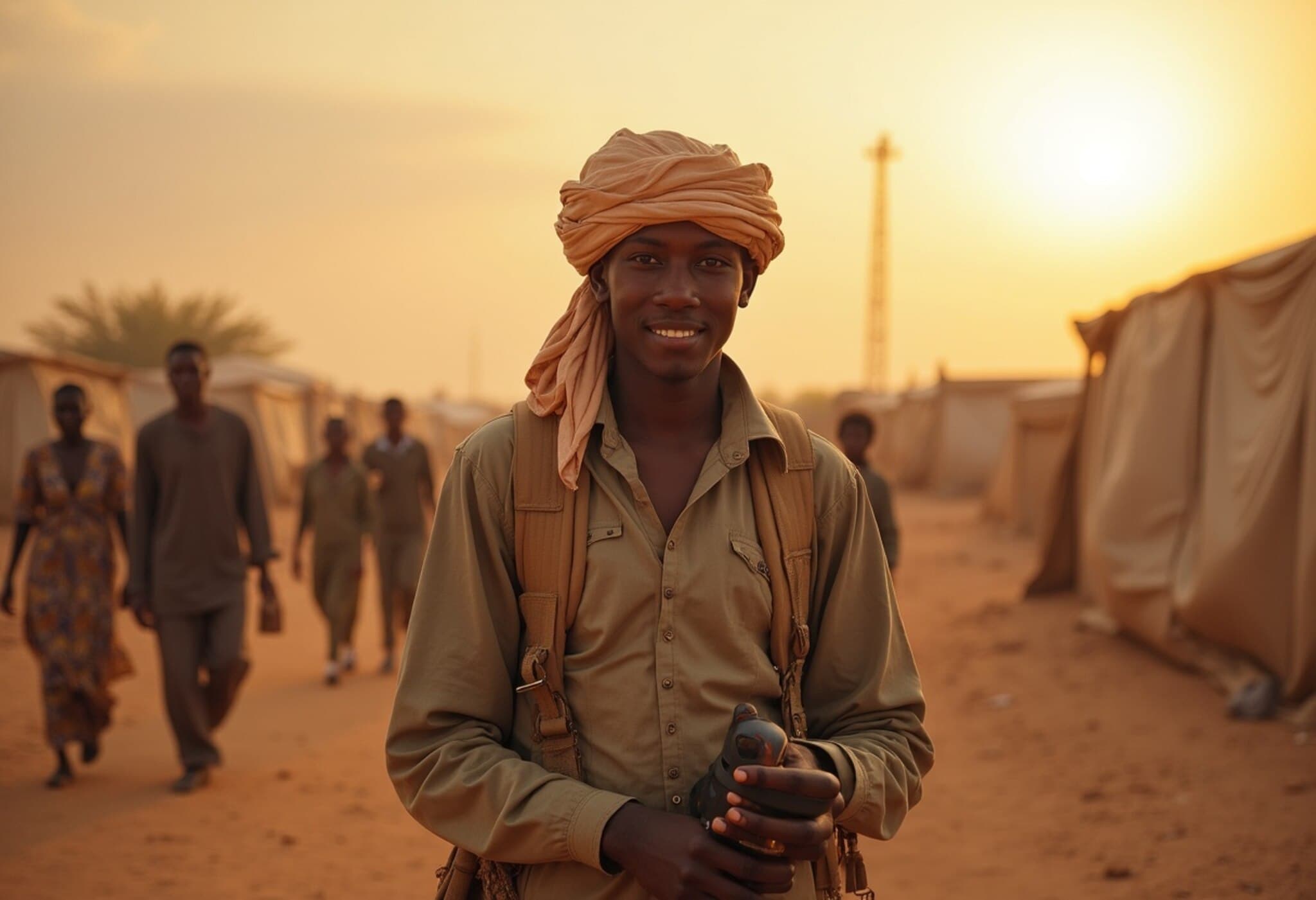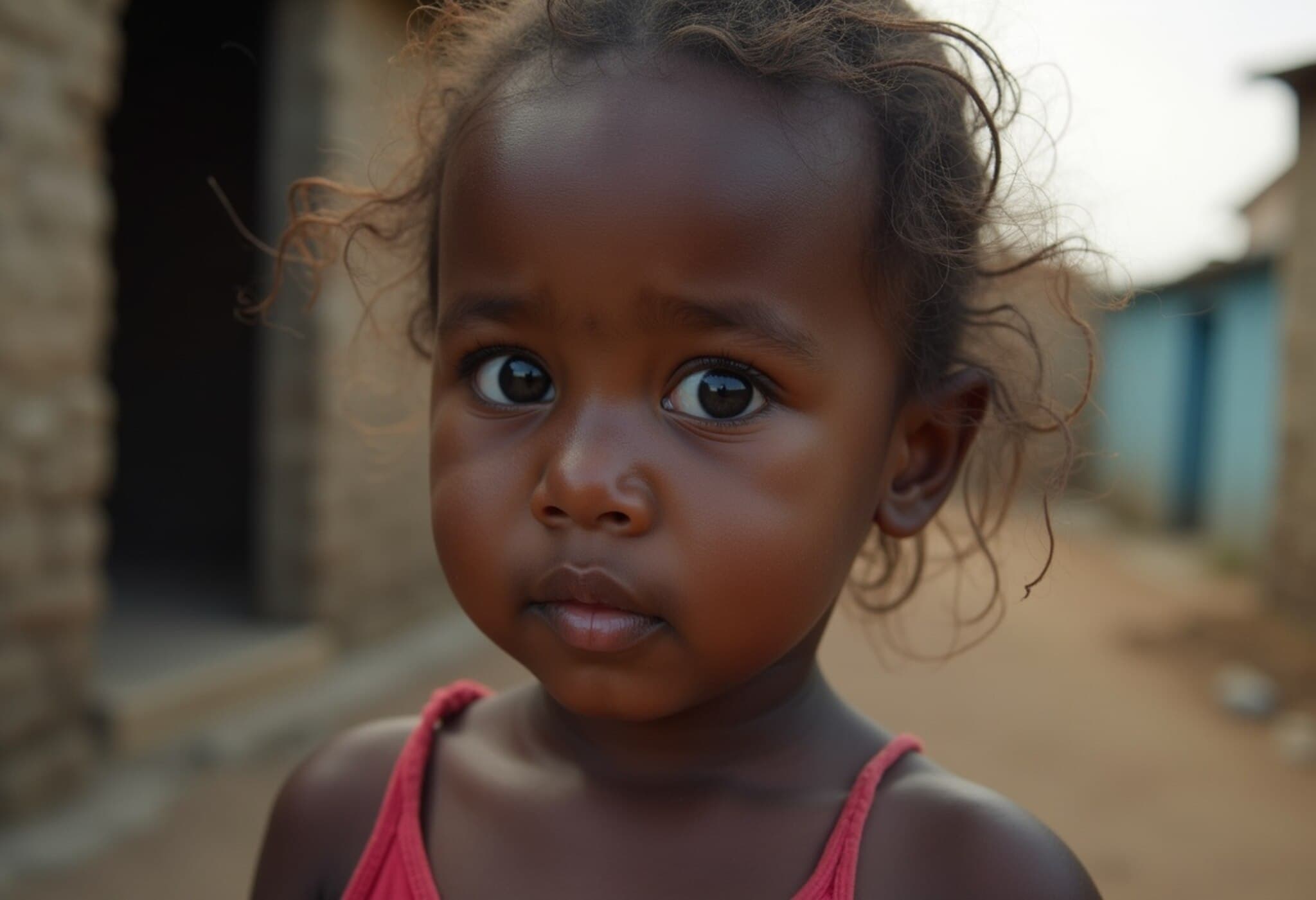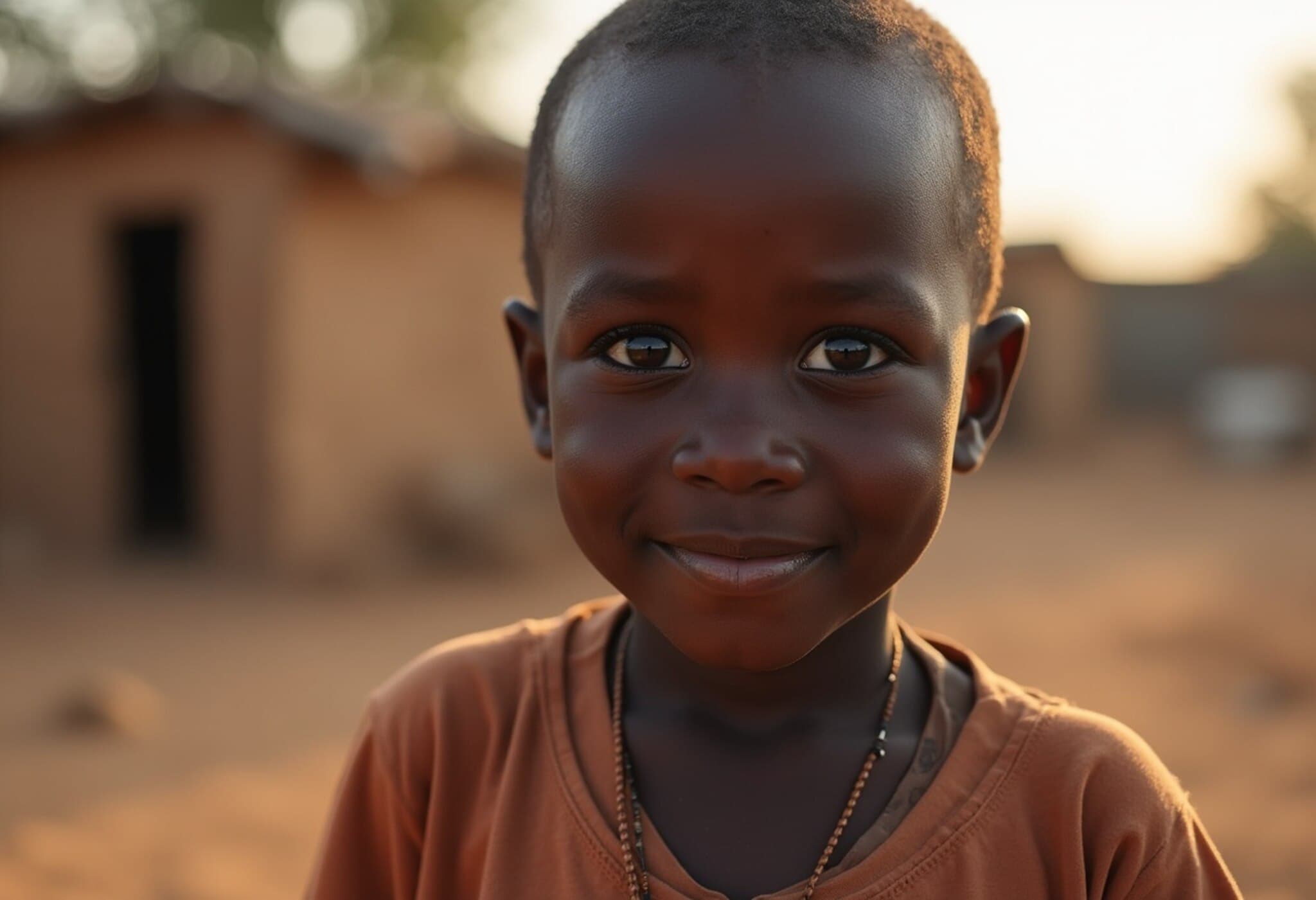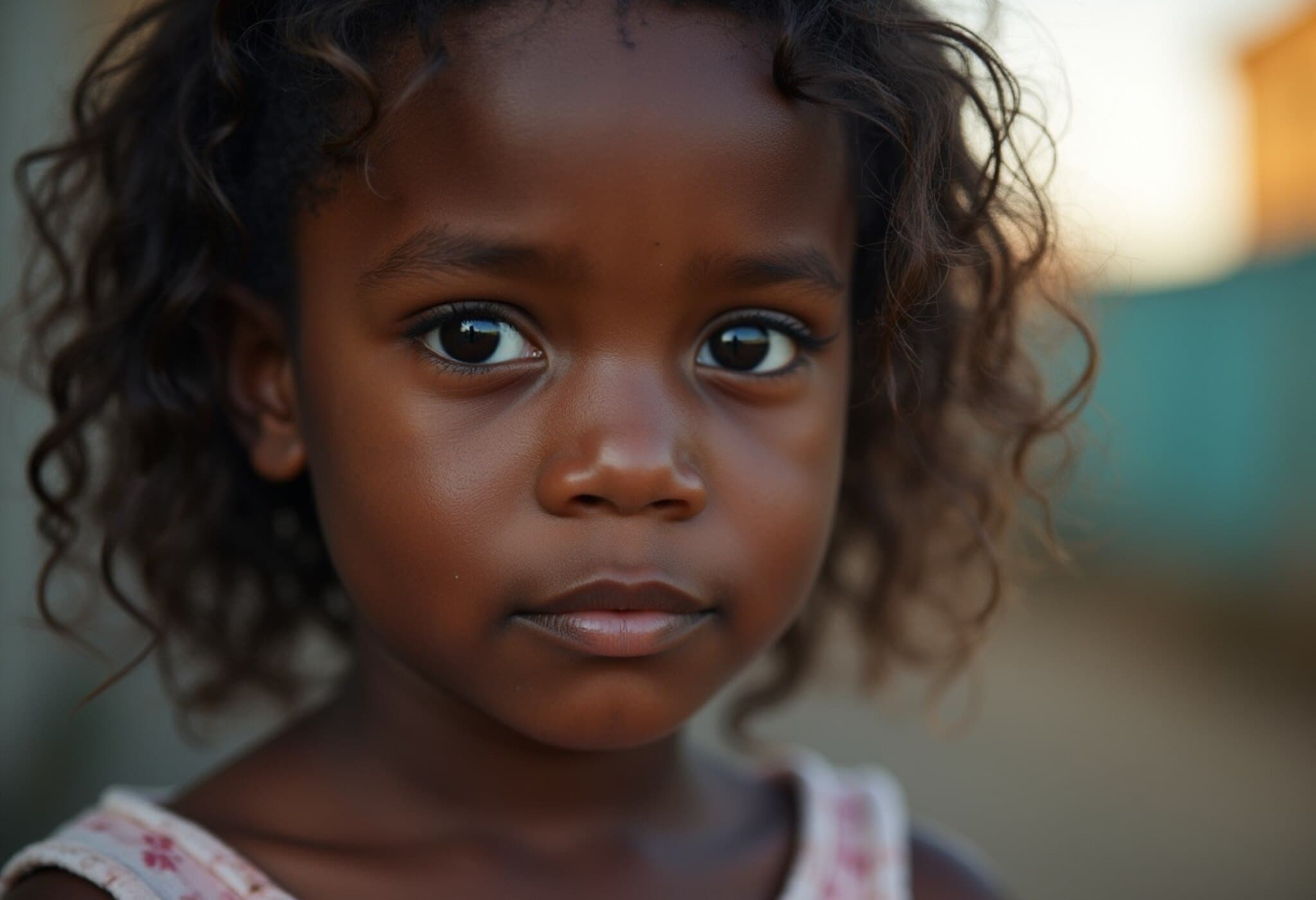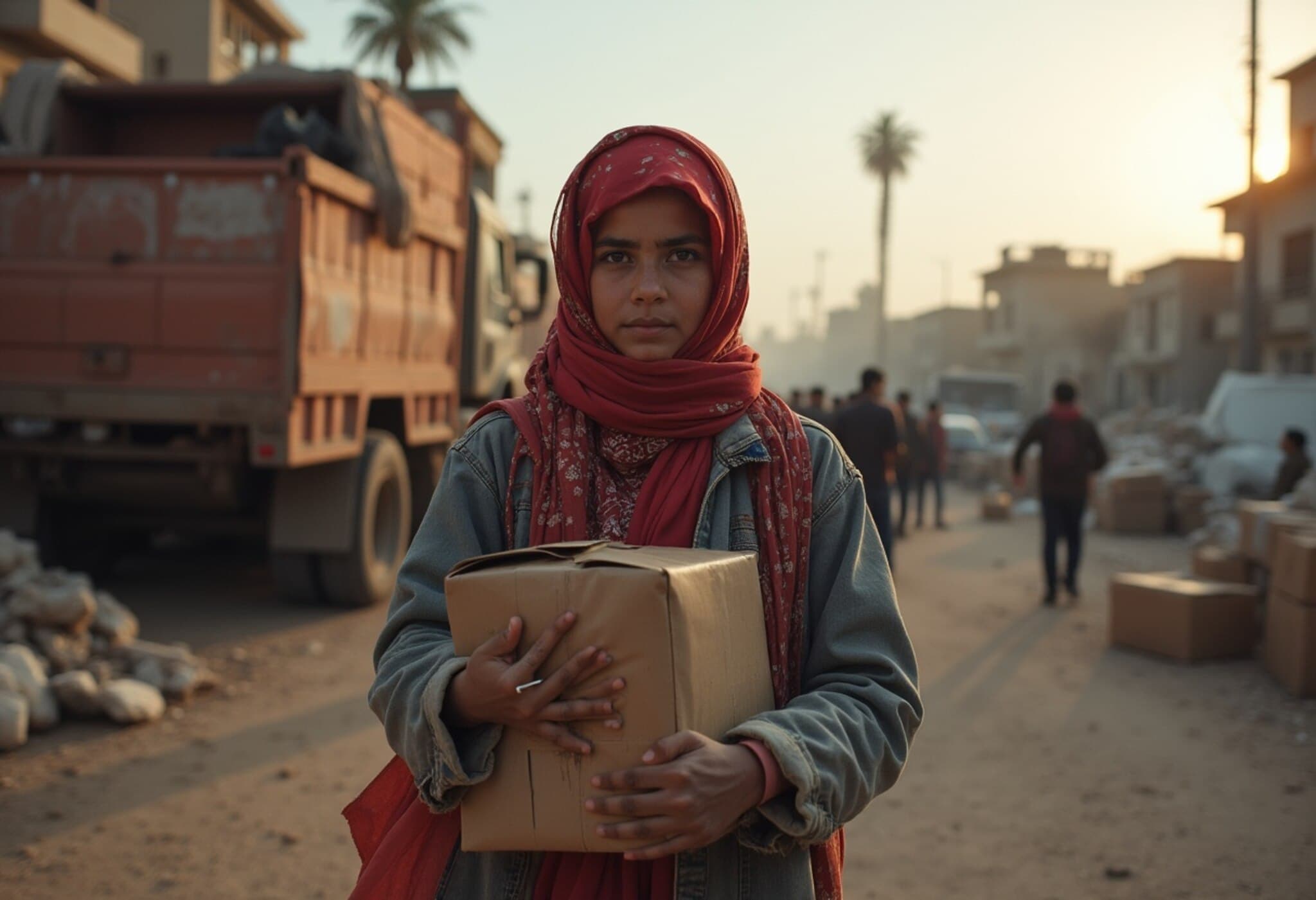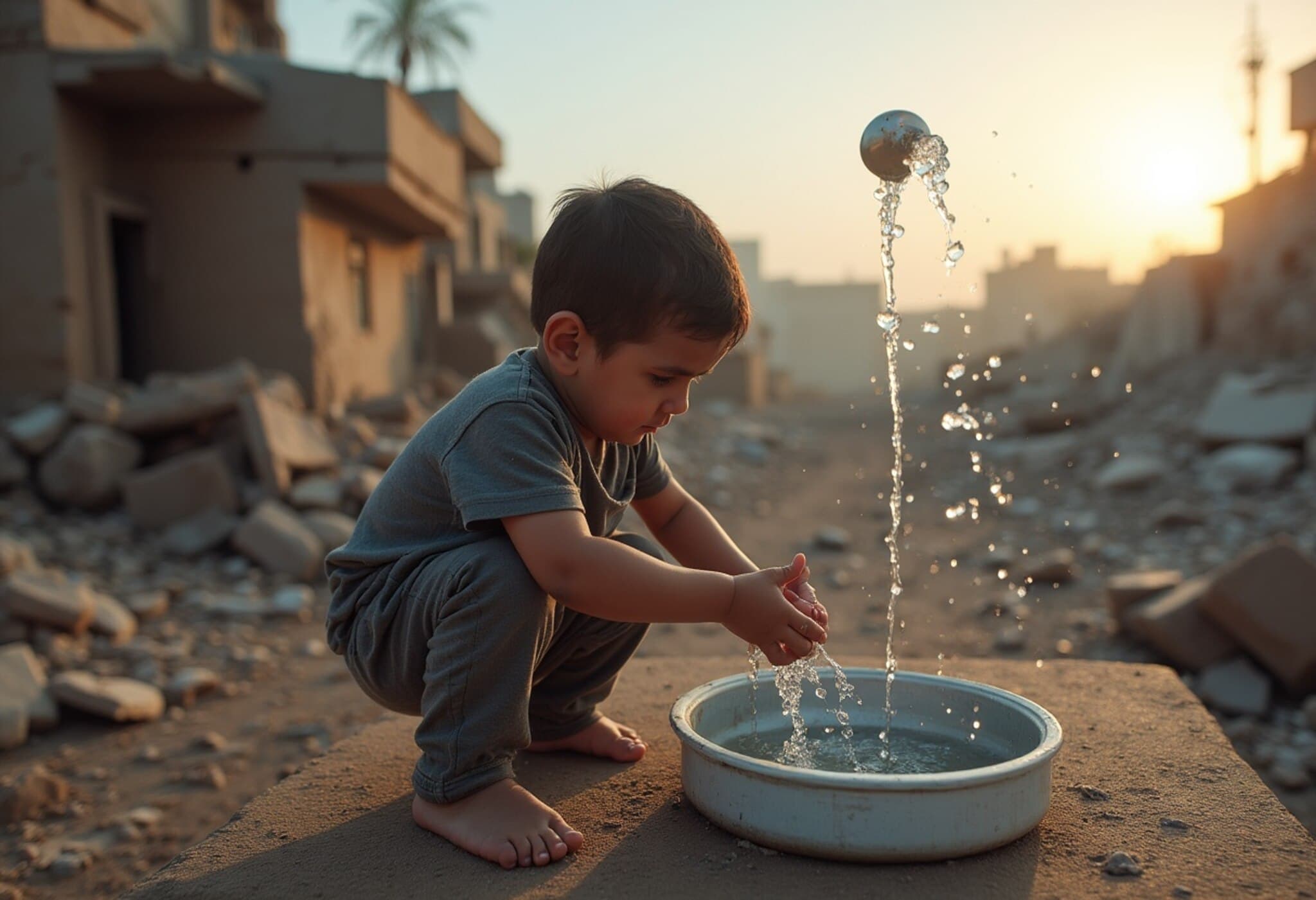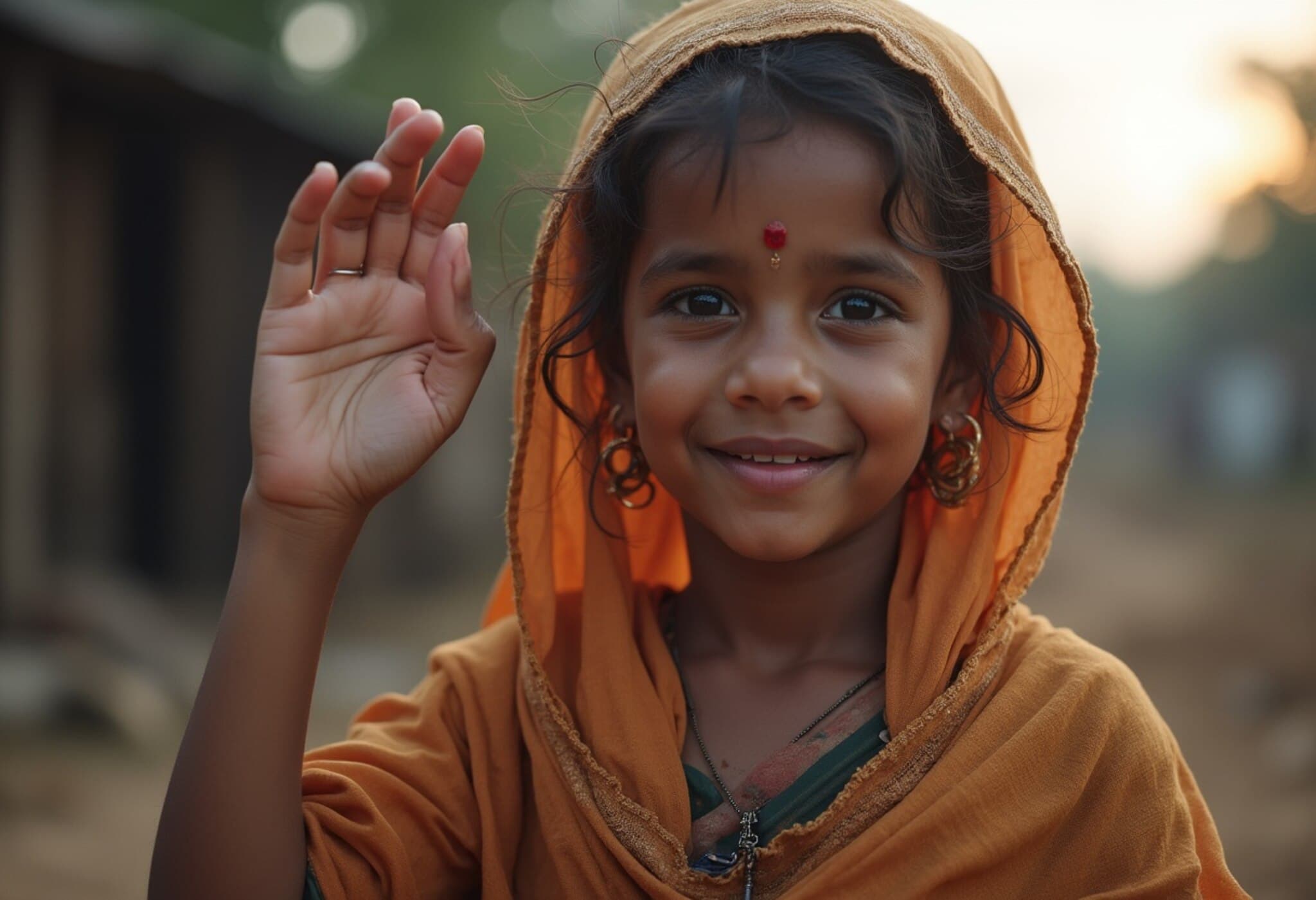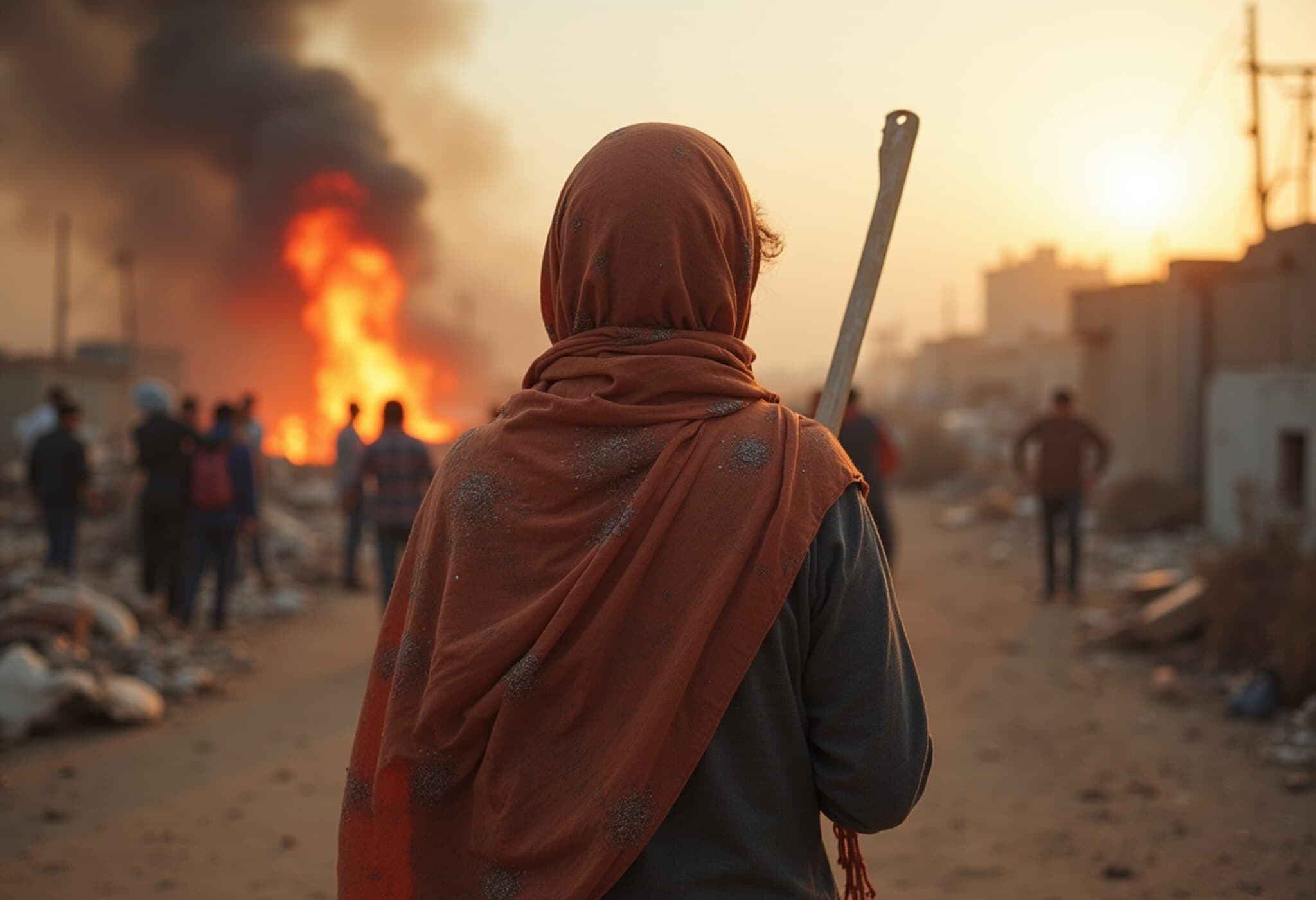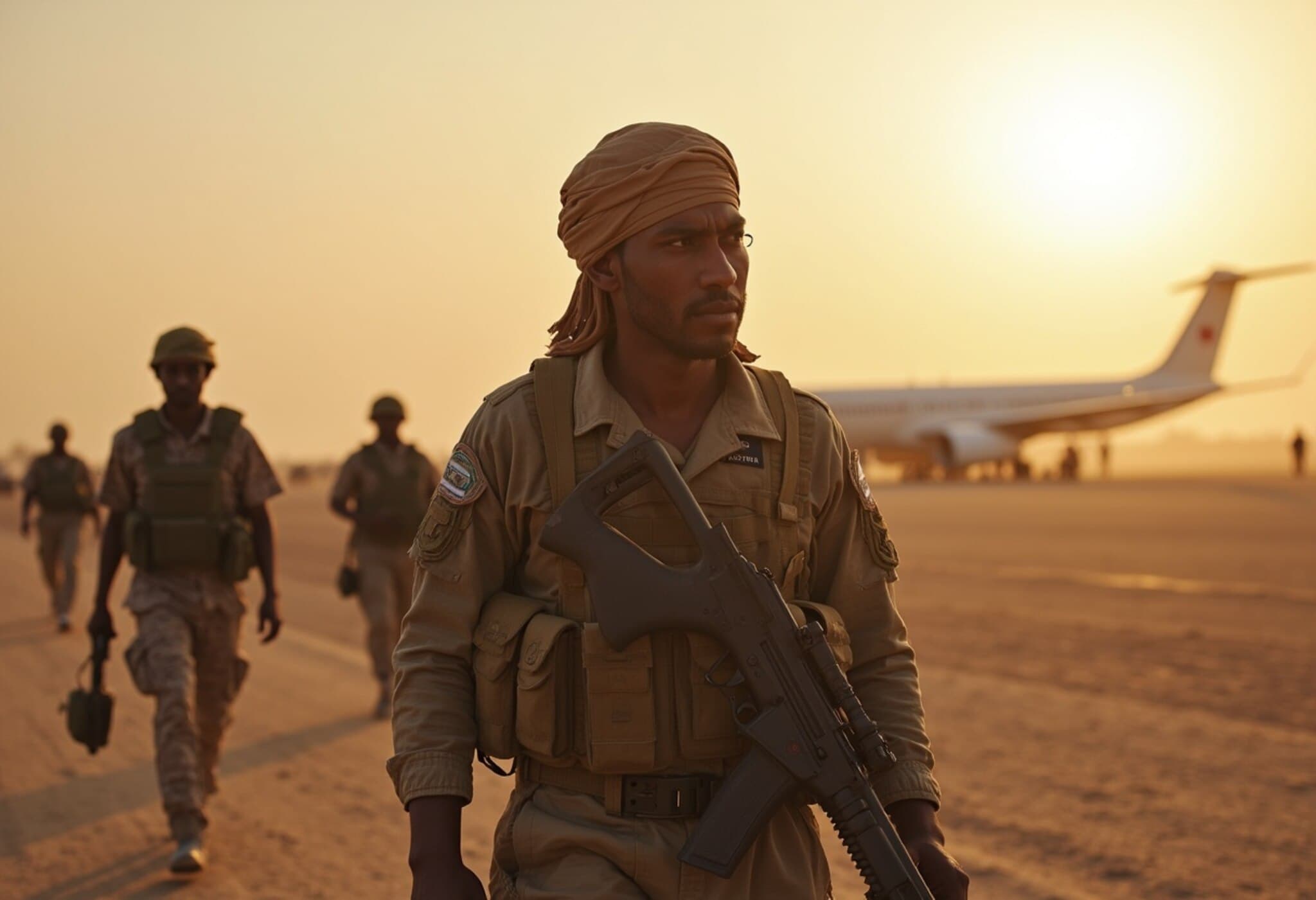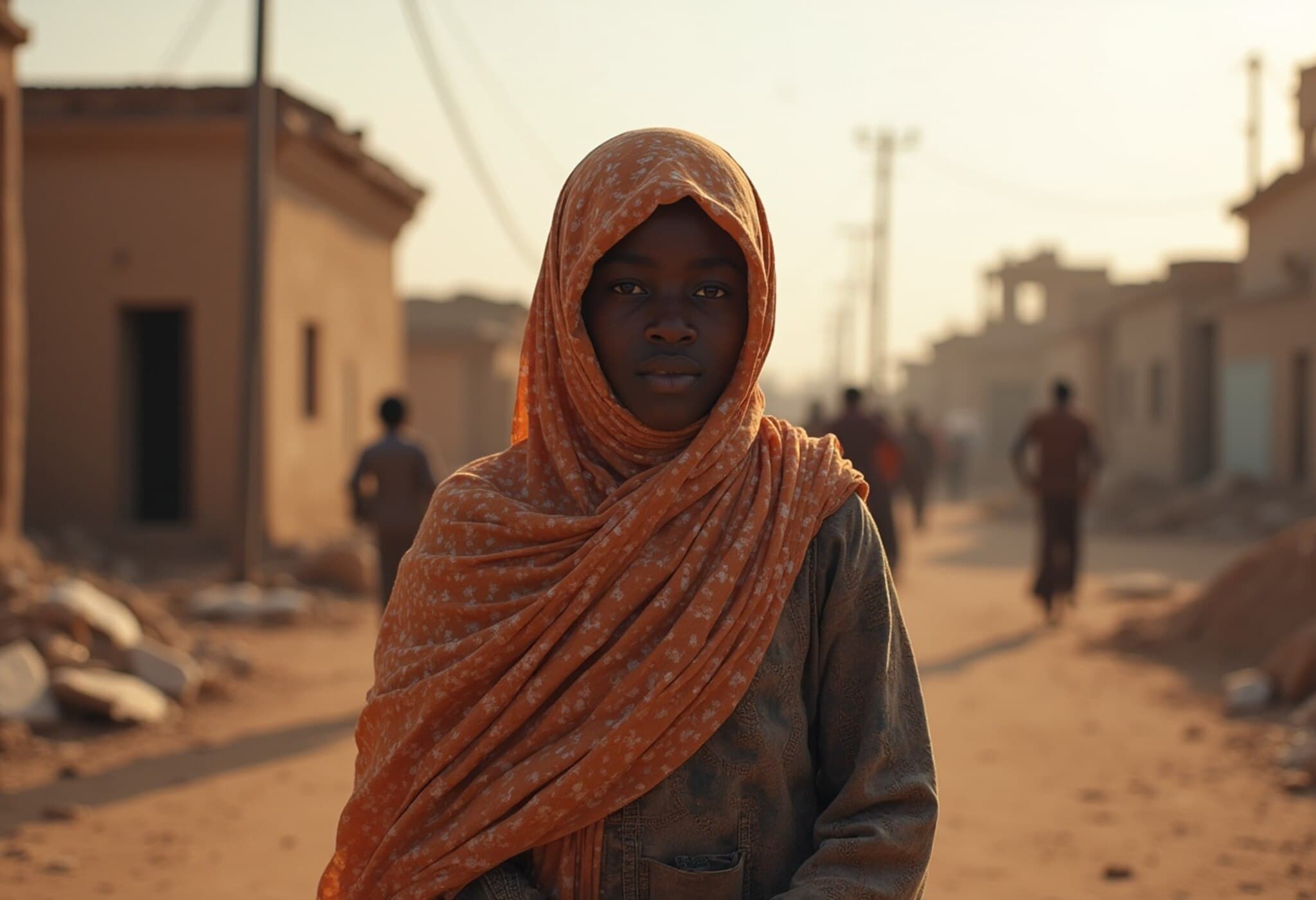Sudan's Forgotten Starvation Crisis: The Siege of Al-Fashir
In the heart of Sudan’s embattled Darfur region, the city of Al-Fashir endures a relentless siege that is plunging thousands into a deep humanitarian crisis. Now in its third year, the civil war between Sudan’s army and the paramilitary Rapid Support Forces (RSF) has turned this last government stronghold in North Darfur into a battlefield where artillery, drone attacks, starvation, and disease converge.
Al-Fashir Under Fire and Siege
The conflict reignited in April 2023 after a fallout on integrating security forces, fracturing former allies into bitter enemies. The RSF initially swept through central Sudan, capturing Khartoum, but Sudanese army forces subsequently pushed them westward, escalating tensions and violence in Al-Fashir.
For local residents, life has become a daily struggle against both the threat of bombardments and the brutal scarcity of essentials. Electricity has been cut off, bakeries shut down, and medical supplies have dwindled to near nothing. A resident described constant shelling "morning and night," with cemeteries expanding rapidly to accommodate growing fatalities.
Starvation Amidst Conflict
While shelling kills, hunger silently stalks the population, inflicting its own toll. As food convoys face RSF attacks and blockades, supplies have been throttled, causing prices to skyrocket to more than five times the national average. Desperation drives many to consume "ambaz," a kind of livestock feed made from peanut shells, though even this emergency ration is nearly depleted.
A doctor in Al-Fashir who requested anonymity revealed, "The children are malnourished, adults are malnourished. I haven't eaten breakfast today because there’s simply nothing to find." This harrowing statement highlights the grim reality beyond the headlines—starvation is an invisible killer overshadowed by the intense conflict.
Exodus Under Threat: The Perilous Flight to Tawila
Thousands flee the besieged city heading westward to Tawila, which has become a refuge for over half a million displaced persons. Yet, angles of safety remain elusive as RSF fighters reportedly ambush travelers along the routes, looting belongings and perpetrating violence, including kidnappings and killings.
Human rights watchdog Emergency Lawyers report that at least 14 refugees were killed recently during such attacks, with dozens more wounded. These dangers illustrate that the struggle for survival continues even beyond the city’s shelling.
Humanitarian Crisis: Disease and Desperation in Camps
Tawila itself is overwhelmed by the massive influx, but international aid is insufficient amid global donor fatigue and logistical hurdles worsened by the rainy season. Cholera outbreaks have surged, fueled by poor sanitation and overcrowding. Since June, Médecins Sans Frontières has treated 2,500 cholera cases while local groups report 52 deaths from the disease.
Only a fraction of Tawila’s displaced population has reliable access to water and latrines, with hunger primarily pushing families to survive on just one meal per day or less. Mothers like Houda Ali Mohammed, sheltering in rudimentary straw huts without adequate protection from rain, try desperately to keep their children safe amid appalling conditions.
The Wider Implications of Darfur’s Collapse
Experts warn that the fall of Al-Fashir to RSF forces would grant paramilitaries control over almost all of Darfur, a vast borderland region critical for Sudan’s national unity. The prospect risks deepening Sudan’s fractures, arguably leading to a de facto partition.
This ongoing crisis not only underscores the failures of conflict resolution and peacekeeping efforts but also highlights the urgent need for renewed international attention. The humanitarian stakes have never been greater, with the population caught in a deadly triangle of warfare, starvation, and disease.
What Lies Ahead?
The United Nations’ call for a ceasefire to enable humanitarian relief was rebuffed by the RSF, signaling a bleak outlook for peace in the immediate future. With mediation efforts stalled and violence spreading to neighboring Kordofan, the humanitarian emergency threatens to intensify.
Editor’s Note
While global headlines often focus on political shifts and international diplomacy, the people of Darfur confront a stark reality of hunger, violence, and displacement. This crisis encapsulates the tragic human cost when war deprioritizes basic needs like food, water, and medical care. As this conflict progresses, it poses critical questions about accountability, the role of foreign aid, and the international community’s responsibility to act decisively. Without urgent intervention, the humanitarian collapse may deepen, leaving another generation devastated.

